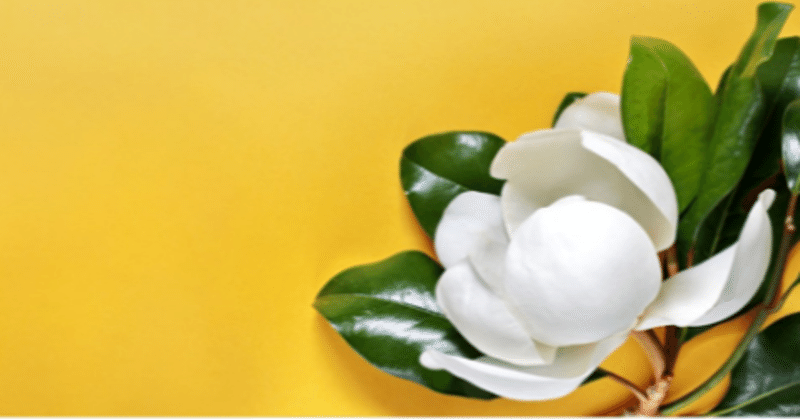
My Perspective (English)
日本語版: https://note.com/_rascal_/n/nac0b70bd8ccc
When was the first time I faced inequality between the sexes?
It was probably when my mother tried so hard to dress me in skirts when I was five or six years old. I resisted. Skirts make it hard to run and play outside.
Going back to Japan:
To talk briefly about myself, I moved from Japan to the states when I was seven, grew up in states (lived in Michigan, Arizona, and Georgia), then moved back to Japan when I was 24.
When I started working for an English teaching company, they held a welcome party for me. During that party, one of the students (male) offered to "teach" me the Japanese custom of "oshaku".
Oshaku is a gesture of pouring alcohol for guests or customers, typically done by a woman.
Even though the oshaku culture is considered old-fashioned nowadays, it's still deeply embedded in Japanese work culture. This was my first clear experience on how women are treated differently than men.
From that moment, I paid special attention on how women carried themselves at the party.
Women serve salad to people at their table, men first.
Shochu (popular liquor in southern Japan) drinks must be prepared by women.
Women don't laugh with their mouth wide open.
It was apparent that women had to be more conscious of how they carry themselves. How can I enjoy a party like this?
Even if the society claim that men and women are treated equally, women are slowly stripped away of their rights through social conditioning.
While I’m here, here is list of Japanese customs that I was surprised by:
・Women are obligated to wear make-up in the workplace. They say it’s part of being a “shakaijin” (member of society)
・Men don’t give the right of way on walking path. Women usually have to avoid being bumped into
・Valentines day. It’s assumed that women are the one to give gifts to men. We do have “White Day” on March 15th to give thanks for the received gifts, but that’s only if they were given gifts
・Standing out--Dating was hard for me in Japan because as soon as people found out I was a returnee, I was no longer “Japanese” to them. They would lose interest as soon as they find out that I can speak Japanese.
Female anti-feminists:
I often see women claiming that we need to stop pushing for more power. This reinforces stereotypes such as (A) female feminists are lesbians (B) feminism will make women ugly.
Feminism does not take away the sexuality of women. If anything, it gives you more freedom to express your beauty.
Feminism represents social, economic, and political equality of the sexes.
Equality doesn't necessarily mean all women needs to sign up to be a soldier.
Why not pass around the salad so we can serve ourselves?
Both men and women can prepare drinks
Women can laugh out loud anyway they like
You know that feeling when you’ve been eating dairy queen your whole life and you had your first taste of Haagen-Dazs? It’s like most women in Japan have never had Haagen-Dazs before. They’ve never experienced a situation where they can choose.
Feminism will give us the choices we deserve. Why settle for only vanilla ice cream when we can have chocolate mint, caramel biscuit, rocky road and much more?
If there's no precedent, be the first to do so.
If the society tells me that we shouldn't aim high, we'll be the first to be the top.
この記事が気に入ったらサポートをしてみませんか?
